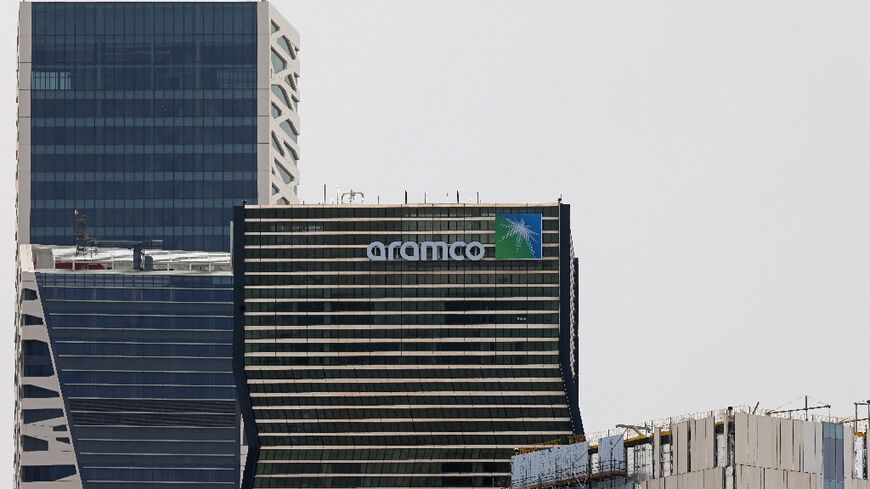Oil firm Saudi Aramco on Monday announced profits of $30.08 billion for the second quarter, a sharp fall from the same period last year when prices surged after Russia invaded Ukraine.
The 38-percent year-on-year decline "mainly reflected the impact of lower crude oil prices and weakening refining and chemicals margins", the largely state-owned company said in a statement published on the Saudi stock exchange.
The decline followed a drop of 19.25 percent in first-quarter net profit.
Aramco's CEO Amin Nasser said in a separate statement that "our strong results reflect our resilience and ability to adapt through market cycles."
The firm's "mid to long-term view remains unchanged", he added.
"With a recovery anticipated in the broader global economy, along with increased activity in the aviation sector, ongoing investments in energy projects will be necessary to safeguard energy security."
Production from the world's biggest crude exporter was down after Riyadh in April announced cuts of 500,000 barrels per day, part of a coordinated move with other oil powers to slash supply by more than one million bpd in a bid to prop up prices.
In June, the Saudi energy ministry announced a further voluntary cut of one million bpd which took effect in July and has been extended through September.
The kingdom's daily production is now approximately nine million bpd, far below its reported daily capacity of 12 million bpd.
Aramco is the main source of revenue for Crown Prince Mohammed bin Salman's sweeping economic and social reform programme known as Vision 2030, which aims to shift the economy away from fossil fuels.
Analysts say the kingdom needs oil to be priced at around $80 per barrel to balance its budget.
Prices are now above that threshold, a sign that the recent supply cuts are starting to have the desired effect.
The US benchmark West Texas Intermediate crude for September delivery traded Monday at $82.54 and European benchmark Brent crude futures were just below $86.
Following Russia's invasion of Ukraine in February 2022, oil peaked at more than $130 dollars per barrel.
- 'Phenomenal figures' -
The cuts "show the lengths to which the kingdom will go to defend oil prices, as a slumping market for its lifeblood commodity is damaging to its ambitious economic diversification efforts," said Herman Wang, associate director for oil news at S&P Global Commodity Insights.
Aramco is undertaking investments to ramp up national production capacity to 13 million bpd by 2027.
"It's an expensive proposition for Aramco to hold production capacity offline in the name of OPEC+ cuts, but the hope is that the sacrifice being made now will pay off in the end with higher prices," Wang said, referring to the Organization of the Petroleum Exporting Countries, headed by Riyadh and their 10 allies led by Moscow.
Aramco reported record profits totalling $161.1 billion last year, allowing the kingdom to notch up its first annual budget surplus in nearly a decade.
Yet those "were phenomenal figures driven by a very particular set of geopolitical factors and Saudi Arabia's leadership can't have been predicating Vision 2030 spending on such results", said Jamie Ingram, senior editor at the Middle East Economic Survey.
"Higher revenues would of course be favoured by officials, but Saudi Arabia still has very low debt levels and strong reserves that it can tap into," Ingram added.
Nasser told reporters on Monday that global demand was "expected to grow by about 2.4 million barrels (per day) in the third quarter 2023 compared to the same period last year", an increase mainly led by China where demand has been "stronger than expected".
Saudi Arabia owns 90 percent of Aramco's shares.
Aramco's base dividend for the second quarter will be $19.5 billion, the same as for the first quarter, the firm said.
It will also distribute a new performance-linked dividend of $9.9 billion in the third quarter, and expects to make similar dividend payments over the next six quarters, it said.






